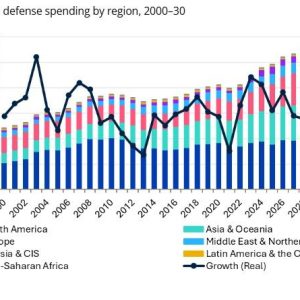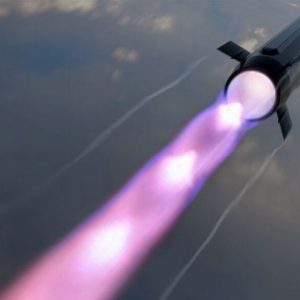The ongoing conflict in Ukraine war shows conflict expanding into space. Recent reports indicate that the war is expanding beyond traditional battlegrounds, as both sides engage in activities targeting satellites and space-based assets. This development highlights the growing importance of space in modern warfare and raises critical questions about the militarization of this domain.

The conflict in Ukraine has taken a significant turn as it spills over into space, with reports suggesting that both Ukraine and its adversaries are actively targeting satellites and engaging in space-based activities. This shift in focus underscores the increasing recognition of space as a critical domain for military operations.
Satellites play a vital role in modern warfare, providing communication, navigation, reconnaissance, and intelligence capabilities. Disrupting or disabling these assets can severely impact an adversary’s military operations and strategic capabilities. The events in Ukraine serve as a reminder of the vulnerability of space-based infrastructure and the potential for adversaries to exploit this vulnerability for their advantage.
The militarization of space has been a topic of concern for many years, with nations developing anti-satellite weapons and other technologies to gain an edge in conflicts. The conflict in Ukraine further emphasizes the need for international agreements and protocols to govern space activities and prevent the escalation of tensions in this domain.
The implications of space warfare extend beyond the immediate conflict in Ukraine. As countries become increasingly reliant on space-based assets for everyday life and national security, any disruption to these systems can have far-reaching consequences. The potential for collateral damage and the creation of space debris pose additional risks to global space operations and could impact future space exploration endeavors.
The situation in Ukraine highlights the urgent need for enhanced space situational awareness and improved space security measures. International cooperation and dialogue are crucial in addressing the challenges posed by the militarization of space and ensuring the long-term sustainability and safety of activities in this domain.
Furthermore, the conflict in Ukraine serves as a wake-up call for nations worldwide to evaluate their dependence on space-based assets and develop contingency plans for potential disruptions. Diversification of communication and navigation systems, investment in resilience and redundancy, and the exploration of alternative technologies become imperative in mitigating the risks associated with space-based conflicts.
The expansion of the Ukraine conflict into space underscores the growing significance of this domain in modern warfare. Targeting satellites and space-based assets poses significant risks and challenges, emphasizing the need for international cooperation and agreements to regulate space activities. As the world becomes more reliant on space-based infrastructure, it is crucial to address the vulnerabilities and threats posed by the militarization of space. The situation in Ukraine should serve as a catalyst for proactive measures to enhance space security, situational awareness, and the development of resilient systems to mitigate the potential consequences of future space conflicts.











